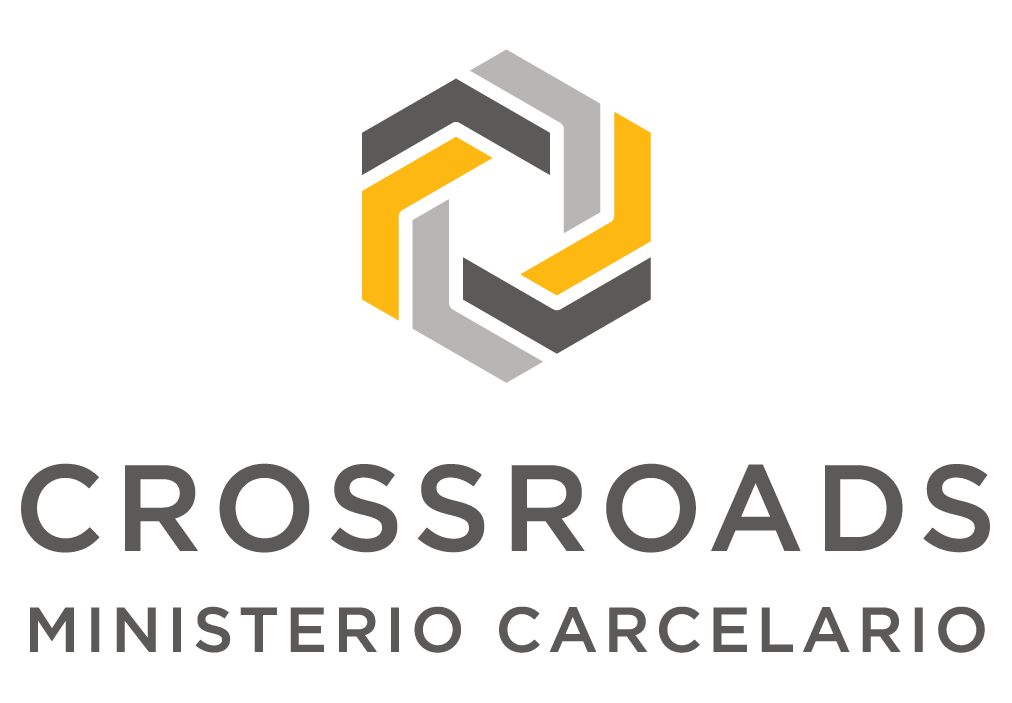A recent article in The New York Daily News is drawing attention to the power of forgiveness.
The article details the story of Christopher Bazar, who, while intoxicated and high, shot and killed his friend and roommate, Donald St. Laurent. This deadly mistake cost Christopher three years in prison for manslaughter and, more tragically, the life of his best friend.
Earlier this month, Christopher went before the parole board, and at the hearing, all eyes were on the mother and father who ardently begged for Christopher to be shown mercy.
But these parents weren’t Christopher’s—they were Donald’s.
To everyone’s shock, Deborah and Donald St. Laurent Sr. pleaded for Christopher to be given a second chance and assured the parole board that they would provide him with housing and employment upon release. When the announcement came that Christopher could return to society, the St. Laurents hugged Christopher and expressed their relief and joy at the outcome.
But as their story gained media attention, many began to ask the same question: How could such radical forgiveness be possible?
Donald Sr.’s answer to that question pointed to the future: “I think he’s done his time. I think it’s something he’s going to have to live with the rest of his life. I also believe that people deserve a second chance.”
Deborah’s response to the press was simple, yet profound. “My son loved him,” she said. “And I love my son more than life.”
The St. Laurents’ story of redemption and forgiveness is close to the heart of CBI’s prison ministry. CBI’s commitment to provide long-term discipleship to prisoners and to advocate for restorative justice practices could not exist without the core belief that no person is beyond the scope of God’s infinite grace.
Ultimately, on this side of heaven, not every crime that wounds a family will result in such clear reconciliation between victim and perpetrator. And yet restoration and healing should always be the ultimate goal when the shalom of a community is broken.
That’s why the St. Laurents’ story is one worth telling: it gives us a glimpse of what restorative justice looks like in human form, in living color, and the hope that all things, even radical forgiveness, are possible with God.
Read the full article or watch an interview with the St. Laurent family here.



